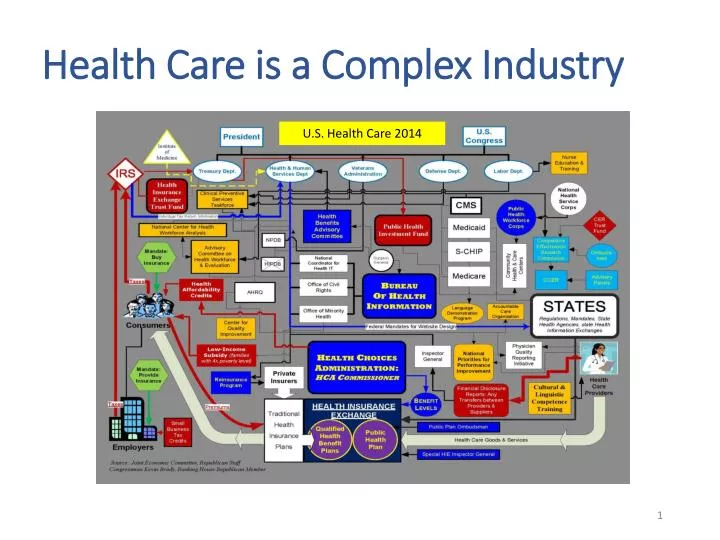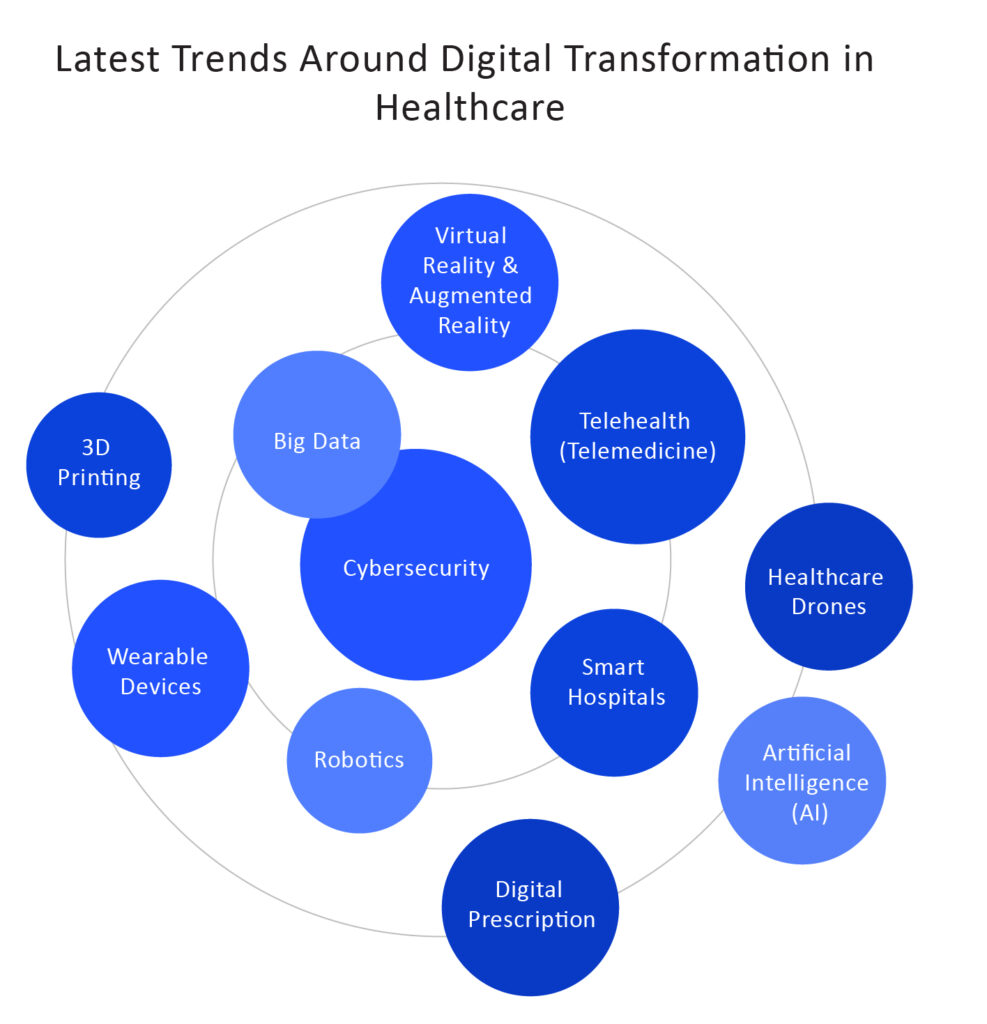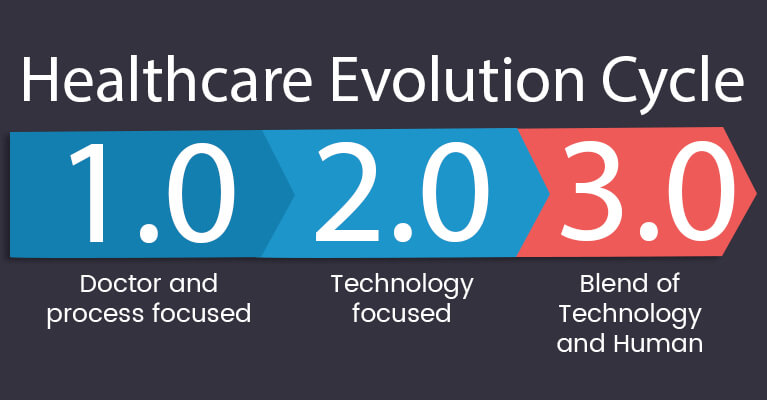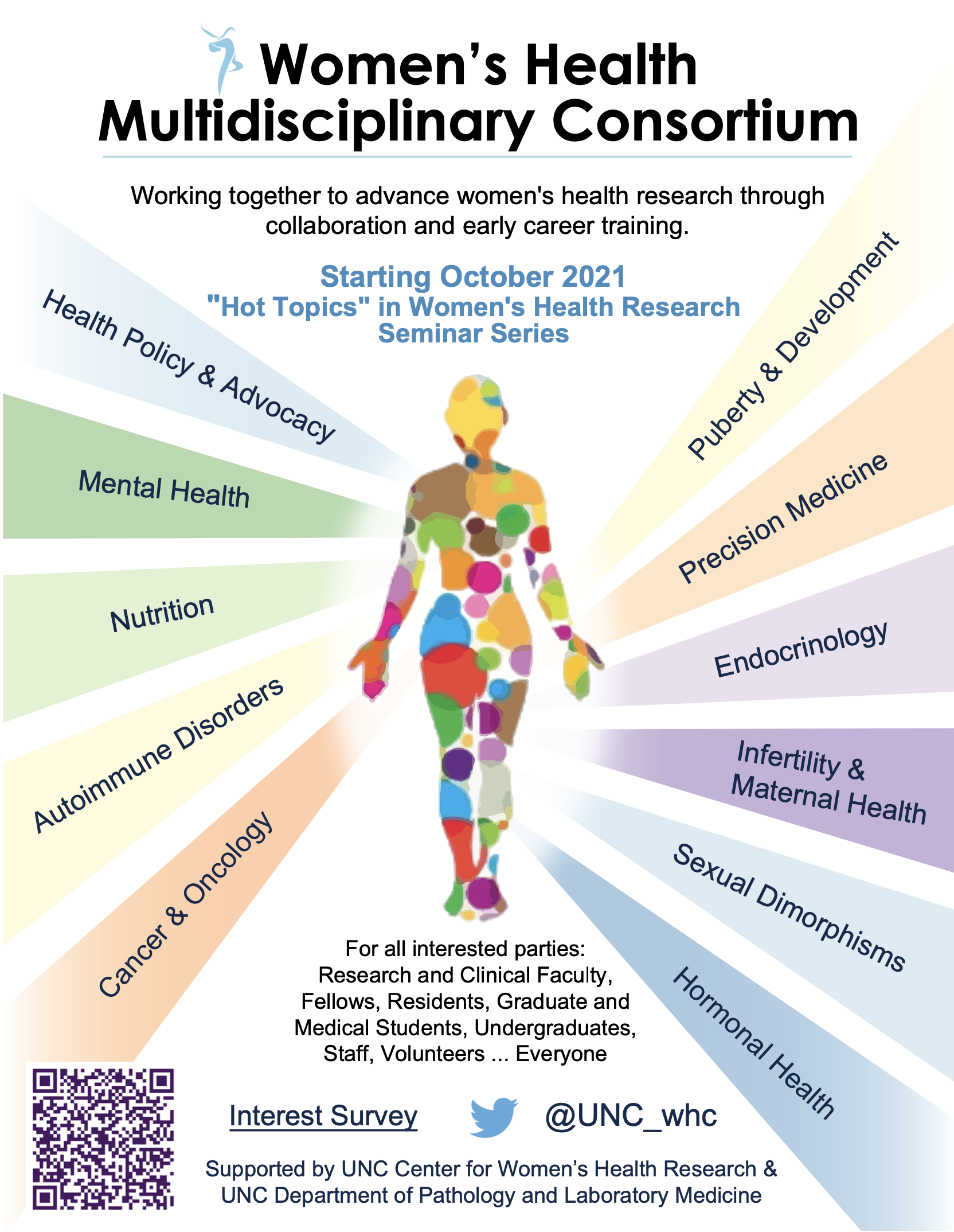This Specific Topic Emerged With The Evolving Complexity Of Healthcare

The labyrinthine world of modern healthcare, with its intricate networks of providers, payers, and patients, has spawned a new and increasingly critical discipline: healthcare navigation. The sheer complexity of the system leaves many feeling lost and overwhelmed, struggling to access the right care at the right time, leading to delayed treatments, increased costs, and poorer health outcomes.
Healthcare navigation has evolved to address this critical gap. It aims to guide individuals through the healthcare maze, offering personalized support to help them understand their options, make informed decisions, and ultimately achieve their health goals. As the system becomes even more convoluted with technological advancements and shifting policies, the role of navigators becomes indispensable.
The Nut Graf: Defining Healthcare Navigation
At its core, healthcare navigation is a multifaceted approach. It encompasses a range of services designed to empower patients to navigate the healthcare system effectively. This includes assistance with understanding insurance coverage, scheduling appointments, coordinating care between multiple providers, and advocating for patient rights.
The goal is to bridge the gap between patients and the healthcare system, removing barriers to access and ensuring that individuals receive the appropriate care they need. The Centers for Medicare & Medicaid Services (CMS) has recognized the importance of patient navigation, incorporating it into various initiatives to improve healthcare quality and accessibility.
The Rise of Complexity: A Catalyst for Navigation
Several factors have contributed to the rise of healthcare navigation as a vital service. One of the primary drivers is the increasing complexity of health insurance plans. High deductibles, complicated co-pays, and narrow provider networks leave many individuals struggling to understand their coverage and how to access care affordably.
Furthermore, the specialization of medicine has created a fragmented system where patients often see multiple specialists for different health issues. Coordinating care between these providers can be challenging, leading to duplicated tests, conflicting treatment plans, and a lack of continuity of care. Technology, while offering potential solutions, can also add another layer of complexity, with electronic health records and online portals sometimes proving difficult for patients to navigate.
Who are Healthcare Navigators? Diverse Roles and Expertise
Healthcare navigators come from diverse backgrounds and possess a wide range of skills. Some are registered nurses or social workers with extensive clinical experience. Others are certified patient advocates or community health workers with a deep understanding of local resources and support services.
Regardless of their specific training, all healthcare navigators share a common goal: to empower patients to take control of their health journey. They act as guides, advocates, and educators, helping individuals navigate the system with confidence and ease. The Patient Advocate Foundation is one organization that offers certification and training for patient advocates, helping to standardize the profession.
Benefits of Healthcare Navigation: Improved Outcomes and Reduced Costs
The benefits of healthcare navigation extend beyond simply helping patients access care. Studies have shown that navigation can lead to improved health outcomes, increased patient satisfaction, and reduced healthcare costs. By helping patients understand their treatment options and adhere to their medication regimens, navigators can prevent unnecessary hospitalizations and emergency room visits.
They can also help patients find affordable care options, negotiate payment plans, and access financial assistance programs. A report by the National Academy of Medicine highlighted the potential of patient navigation to address disparities in healthcare access and improve outcomes for vulnerable populations.
Challenges and Future Directions
Despite the growing recognition of its importance, healthcare navigation faces several challenges. One of the biggest hurdles is the lack of widespread awareness about the availability and benefits of these services. Many individuals are simply unaware that they can access help navigating the healthcare system.
Another challenge is the funding of navigation programs. Many organizations rely on grants and donations to provide these services, which can be unsustainable in the long term. Integrating navigation into standard healthcare delivery models and securing sustainable funding streams are crucial for its continued growth and impact.
Looking ahead, technology will play an increasingly important role in healthcare navigation. Artificial intelligence (AI) and machine learning (ML) can be used to personalize navigation services, identify individuals who are at high risk of experiencing healthcare challenges, and connect them with the appropriate resources. Telehealth and remote monitoring technologies can also be integrated into navigation programs to provide ongoing support and monitoring to patients in their homes.
A Necessary Component of Modern Healthcare
Healthcare navigation is no longer a luxury; it is a necessity in the complex and ever-evolving world of modern healthcare. As the system continues to grow in complexity, the demand for skilled navigators will only increase. By empowering patients to navigate the system effectively, we can improve health outcomes, reduce costs, and create a more equitable and accessible healthcare system for all.
Investing in and expanding access to healthcare navigation services is a critical step towards building a healthier and more sustainable future.


















